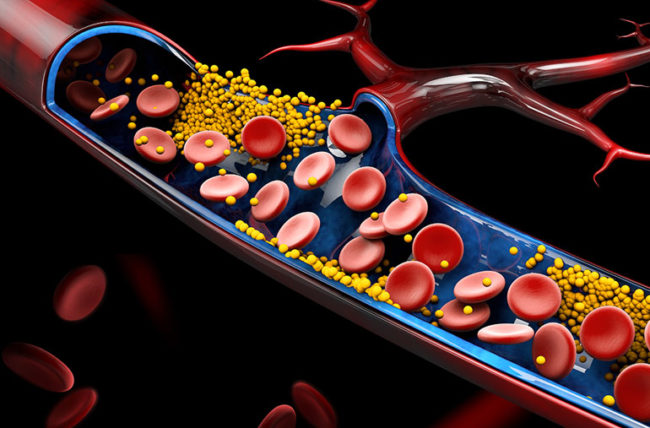The use of Statins has been a subject of worldwide debate among the medical professionals, especially the Cardiovascular Practitioners. Some physicians are even known for putting out notices mentioning they won’t prescribe Statins in their respective clinics. What makes them so controversial? If going by the side-effects, virtually every class of drugs comes with their own share of side-effects. The onset of COVID-19 pandemic has revived the debate and some of the recent publications have focused on the impact of using Statins on reducing the severity of COVID complications. It’s not a bad news for sure.
Researchers say Statins reduced the risk of death due to COVID-19
Based on the data available with American Heart Association, researchers have studied the role of Statins in determining the Coronavirus treatment outcomes. A new study has analysed more than ten thousand patients from over hundred hospitals in the US. Many well known publications including the WebMD have reported the study outcomes in the recent times. As per the data analysis, there is a clear and positive role of Statins indicated when it comes to reducing the risk of death and severity of complications.
As per Dr.Lori Daniels, the study author, it is found that the patients on statin medications prior to their COVID associated hospitalization have 41% lower risk of death. This is the risk of death due to hospitalization. The conclusions also highlight a 25% lowered risk of developing severe complications due to COVID. These outcomes are naturally attributed to the medicinal properties of Statins that stabilize underlying cardiac conditions. This helps in the recovery process as well. This can also be related to the non-COVID settings where patients are admitted with heart attacks. Statins are given for those set of patients who probably are not on treatment with statin mediations before hospitalization. The results are usually known to be positive.
Can this change the critique in favor of recommending Statins?
Several medications are recommended for managing Cardiovascular Diseases. Statins are prominently known to reduce LDL – the bad cholesterol levels and keep them under desired rates. Many believe the bad cholesterol levels can be reduced by making diet and lifestyle changes alone. There are also alternative practices of medicine that are very vocal against using these drugs. It so appears that this group of drugs are chosen as a reference point to highlight the long-term adverse affects. There are many publications that focus on the impact of prolonged usage of Statins – leading to Type 2 diabetes and causing liver injuries. It is also a rare possibility that long-term use of these medications can lead to a condition known as Rhabdomyolysis. It can impact the liver and kidneys to the extent of causing organ failure, ultimately leading to death. However such a risk is very low considering the vast number of patients who are on Statin based medications. To use or not to use any medication is a choice made by the patients based on the best medical advice they get from their respective treating physicians.
























